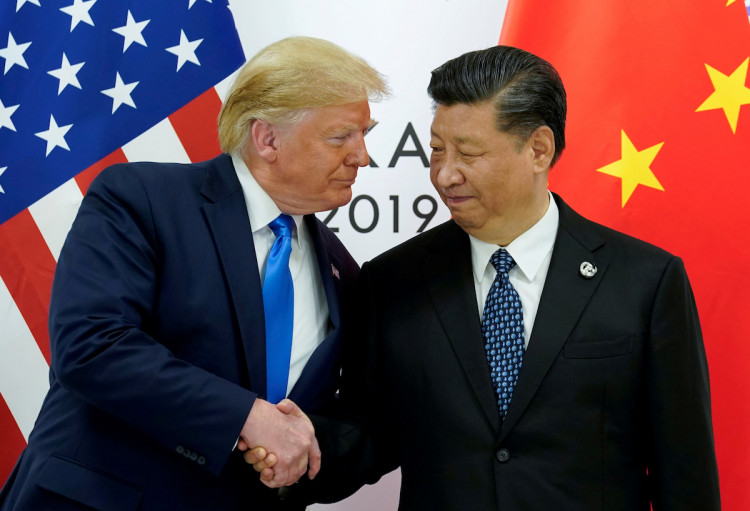Due to cheaper wages and easy labor access, the bulk of tech products in the US are manufactured in China. But like the US, Chinese companies also export their products to the country. The symbiotic relationship between two hegemons were affected by the recent trade war but it seems that a truce is finally happening with the US reportedly planning to drop $14 Billion Levies On Chinese goods.
Both China and the US are reportedly set to ink a deal to the trade war in the latter part of November, according to Financial Times. The US is now considering rolling back tariffs introduced on the $112 billion worth of Chinese imports in Sept., revealed by people briefed on the US-China. These imports include flatscreen monitors, appliances, and clothing.
Although this rollback is being considered by White House officials, sources claim that US President Donald Trump’s position on the matter is still unclear. Removing the tariffs could be perceived as the weakening of Trumps’ rhetoric that he has taken with the South East Asian country. The US has recently caved in to China’s demand to hold off the 30 percent planned tariff increase on $250 billion Chinese products.
Starting a bilateral trade war is a bad idea. While there are potential gains from imposing tariffs and exploiting market power in world markets, inevitable retaliation erodes or reverses the potential gains. https://t.co/nPlNkDQHVG — Peterson Institute (@PIIE) November 7, 2019
With the US reportedly planning to drop the levies, it will also request for major concessions from the South East Asian country in return. Wccftech believes that the US might request a guarantee from China to import farm products from the country. These exports are crucial to the voter base of President Trump, and China, according to the site, has used this as one of its bargaining chips in the negotiation. The other condition might include improved protection for the intellectual property of US firms, particularly those operating in China.
The Southeast Asian country has a new foreign investment bill taking effect next year and is intended to restrict the forced transfer of intellectual property from foreign companies with operations on China. Politically, rolling back tariffs could become the Democrats’ weapon against President Trump, who is heading into an election season.
The urgency of reaching a deal in the US-China #tradewar appears to be more pressing from the #US perspective ahead of the 2020 Presidential election. Read more: https://t.co/wo95jdwJEC Not personal advice. All trading involves risk.#Mitrade #finance #business #money #news pic.twitter.com/W66K1VwsQU — Mitrade Official (@MitradeOfficial) November 6, 2019
It can be recalled that US President Trump has founded his campaign on reducing the country's Chinese trade deficit. Rolling back tariffs and dropping levies will erase this position. A few days ago, several sites reported that Apple requested for exemptions from US tariffs on some of its Chinese manufactured goods.
The Cupertino-based tech giant claims that these products are not important to the industrial programs of Beijing. The request came following US President Trump's introduction of a new set of tariffs on Chinese-made products as part of the ongoing US-China trade war. This has massive effects on Apple products, which relies on the components from countries outside the US.






